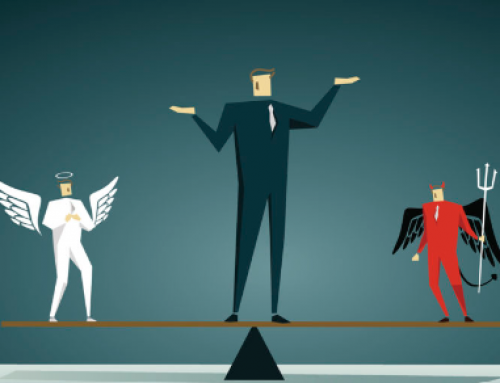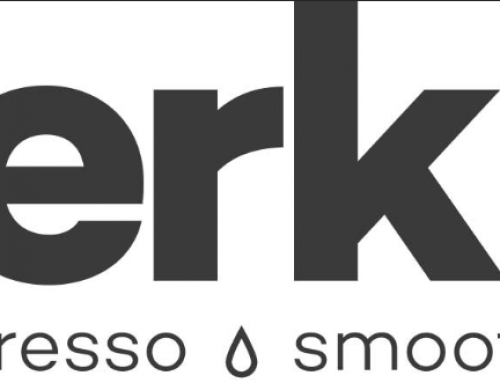In this blog I spoke with Charlie Barnes about their career so far in the bus, e-mobility, and more recently energy sector. We discussed how they began their career in the mobility space, how this transitioned into electric mobility and some unexpected challenges that came up along the way (including noise complaints from an EV!). More recently Charlie has begun a new job in the energy sector, where their passion for diversity is at the forefront of this role.
How did you get into the e-mobility sector?
I’ve always followed my passions and stumbled from one thing to another. At school, I knew I wanted to do something cool with science and maths. After I did my degree, which was mostly electronics based, I knew I didn’t want to sit at a desk all the time, I wanted to go out, and work on something practical.
I found a graduate scheme in the bus sector that really appealed to me. It allowed me to do placements all around the sector, to understand how transport operation works. As someone new to the industry it seemed like the perfect introduction!
I got to work with all the different people within the sector, spending time learning how to drive buses, with the controllers, with the engineers, being hands on with tools and getting dirty. It was this practical, hands on, immersive experience the graduate scheme gave me that drew me into the bus industry. One thing I loved is that, even if you’re not out there on the front line with the drivers and the engineers, you’re still very close to it.
Being there and learning about the industry, I came across electric buses. At the time my company had four electric buses on a trial. Naturally I was drawn to them – it was new, interesting, and different. I found the challenge of integrating a new way of doing and thinking about things and a new technology, into an already well-established field really exciting. Working out how much they fit in to the existing bus industry and how much we needed to reframe was something I wanted to be a part of. That’s what drew me in – chasing that challenge, chasing that interest and reaching that point of thinking – “oh actually this is really cool”!
Was there anything that surprised you when you moved from a focus of buses to electric buses?
When my company first trialled these electric buses, noise complaints on that route increased massively – which is bizarre, because electric buses are silent and so much quieter than ICE buses! It turns out that without the ‘hum’ of the engine in the background, all of the slight rattles of the hand-rails and the creaky chairs became so much more noticeable, that suddenly people were complaining about them. The engineers had to up their game and tighten all of the fixtures. It was bizarre things like that, when you’re implementing something new, there are so many unknown challenges – that’s the thing that keeps me going.
I saw you have recently moved into the energy sector at UK Power Networks – how is that going?
I joined UK Power Networks in December, I can’t get over how amazing, welcoming, and diverse my team is – I love it! It’s so refreshing to find myself working with a majority female team, as I’m used to being one of the only women in the room! I’m really enjoying it so far. I’ve had a fantastic first impression through meeting my colleagues in the Innovation Team, we have many different nationalities, a balance of women and men across a vast range of rolls with different skill sets – from data analysts, electrical engineers, economists and communications specialists. I feel so accepted and part of the team already. I can feel they really value me as an individual, because we all have something different to contribute and that’s so important to me. It’s been an absolutely joyful process to join!
What does your role involve?
The transport and energy sectors are going through an interesting period of change. With Net Zero targets being so important, I think that this level of collaboration between the two has never really had to happen before and now it’s absolutely key to getting it right. With my experience to date, I like to think I’m pretty well equipped to assist on some of those aspects.
I’m part of the Consumer Vulnerability team, a sub team of the wider Innovation Team. My role involves pulling together my engineering background and skills in assisting vulnerable consumers. I will be working with wider members of the Innovation Team on their projects, making sure that everything we do has a perspective on vulnerable consumers and ensuring that we are consider that how we can help everyone, not just a certain section of the population.
I’ll also be targeting support for vulnerable consumers in terms of fuel poverty, identifying and offering proactive, targeted support to help people manage their energy needs, with everything going on at the moment, more people need our support than ever before.
I’ll also be working to ensure everyone eligible is signed up to our Priority Services Register (PSR). This is a register for people that are vulnerable in any way. Those registered receive targeted support in the event of a power cut. For some people, their lives are at risk if they have a power cut, due to medical issues, mental health challenges, age, or anything that could make them vulnerable. It’s all about that accessibility aspect, how can we make people aware of this really important register that they can sign up to for free, and how can we provide them with the right support?
It’s a joy to be paid to work on projects & initiatives centred on diversity, inclusion, & accessibility. Whereas previously I’ve always done it as almost aside while at work, or in my spare time.
By Emma Beaver


